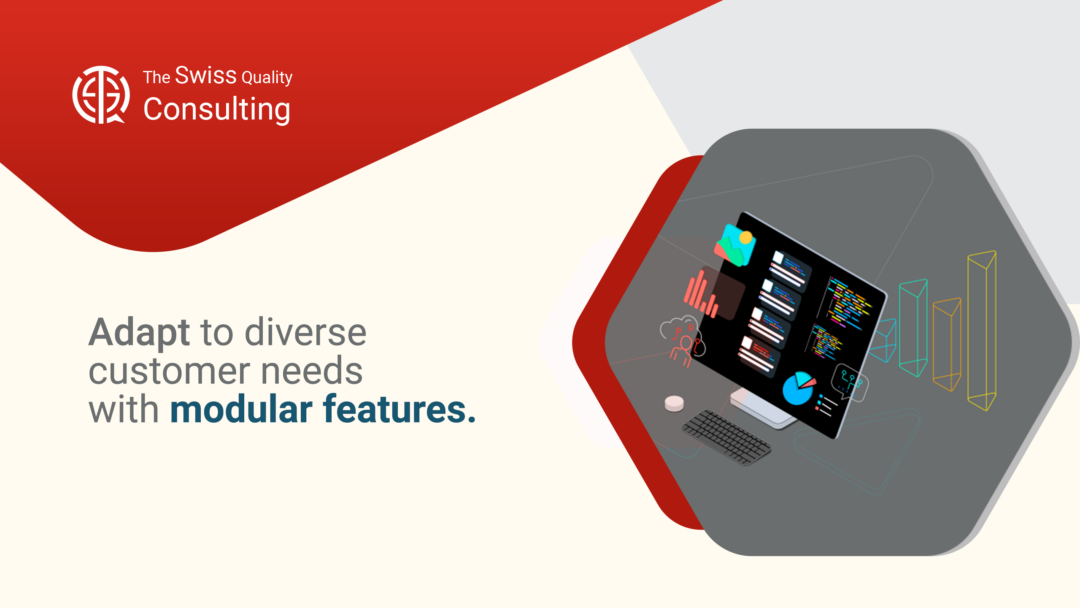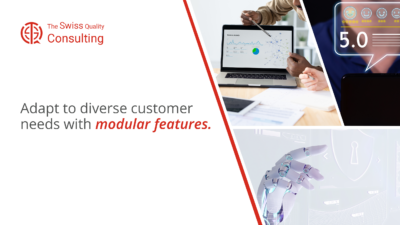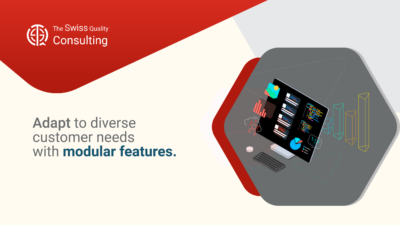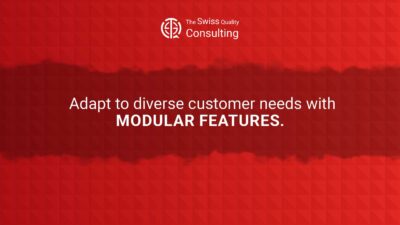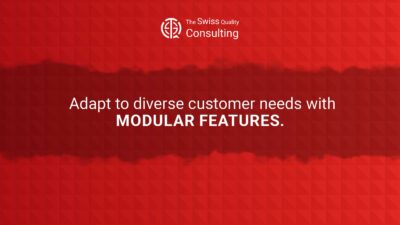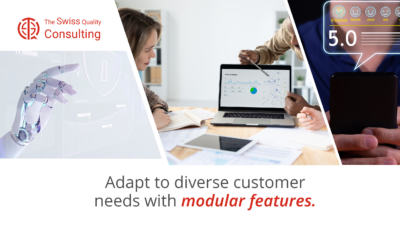In today’s rapidly evolving world, businesses are increasingly recognizing the importance of adaptability to cater to a diverse range of customer needs. The key to staying relevant and successful lies in the ability to provide customizable solutions through modular features. This approach not only enhances customer satisfaction but also ensures business longevity.
Modular features refer to the design and development of products and services in a way that allows various components to be added, removed, or modified according to specific customer requirements. This adaptability has far-reaching implications for numerous industries, as it enables companies to remain competitive in a global marketplace. Let’s explore how businesses can harness the power of modular features to meet diverse customer needs.
1. Product Customization:
One of the primary advantages of modular features is the ability to tailor products to individual preferences. By offering various modules or add-ons, companies can empower customers to create a product that aligns perfectly with their needs. This approach is particularly beneficial in industries like electronics, where consumers seek unique combinations of features in their devices, such as smartphones, laptops, and gaming consoles.
For instance, a smartphone manufacturer can offer a base model with essential functions and allow customers to choose additional modules like camera upgrades, increased storage, or enhanced battery life. This approach ensures that consumers get precisely what they want without compromising on any features. Customization can lead to higher customer satisfaction, increased loyalty, and a significant competitive edge.
2. Scalability and Versatility:
Modular features are not limited to physical products; they also extend to the service industry. Businesses can create scalable service offerings to cater to a broad spectrum of customers. This is particularly beneficial for software providers, allowing them to offer a basic service package while offering various add-on modules for specific needs.
Consider a cloud storage service that provides a base package for data storage and then offers modules for additional security features, collaboration tools, or enhanced data analytics. This versatility enables businesses to adapt to the diverse requirements of both individual users and large enterprises. As a result, companies can capture a more extensive customer base while ensuring that no one is left unsatisfied.
3. Reduced Environmental Impact:
The modular approach also has a positive impact on sustainability. By allowing customers to upgrade or replace specific components rather than the entire product, companies can significantly reduce electronic waste and the consumption of valuable resources. In an era where environmental concerns are paramount, this is an approach that resonates with eco-conscious consumers.
For instance, in the automotive industry, electric vehicle manufacturers are increasingly adopting modular battery systems. This means that when the battery capacity becomes insufficient, customers can replace only the battery module rather than the entire vehicle, reducing the environmental footprint of electric cars. As sustainability continues to gain importance, this approach can help businesses attract environmentally aware consumers.
4. Enhanced User Experience:
Modular features not only benefit customers but also enhance the overall user experience. Products and services designed with modularity in mind tend to be more user-friendly and intuitive. Customers can easily navigate the available options, making the selection process straightforward and enjoyable.
Additionally, the ability to swap or upgrade modules without needing extensive technical knowledge ensures that users can continue to benefit from their purchase as their needs evolve. This is particularly significant in industries like home automation, where users can effortlessly add or change smart devices to accommodate changing preferences or technological advancements.
5. Faster Time to Market:
For businesses, modular features can expedite product development and reduce time to market. When designing products in a modular fashion, companies can focus on individual components independently, streamlining the design and manufacturing process. This can result in faster product launches and a competitive advantage in a rapidly changing market.
For example, in the fashion industry, modular clothing design has gained popularity. Brands create a base garment and offer interchangeable elements like sleeves, collars, or accessories. This approach allows for quicker production, reduced inventory costs, and the ability to respond swiftly to emerging fashion trends.
6. Cost-Effective Solutions:
Modular features also offer cost-effective solutions for both businesses and customers. Customers can select the specific components they need, avoiding the expense of unnecessary features. This approach is particularly advantageous in industries like kitchen appliances, where consumers can pick and choose modules like a convection oven, a griddle, or a wine cooler based on their cooking habits and preferences.
For businesses, modular design can optimize resource allocation and inventory management. Instead of producing a wide range of product variations, they can focus on producing a few core models and stock modular components separately. This leads to cost savings and more efficient production processes.
7. Future-Proofing:
As technology evolves at an ever-increasing pace, modular features are a way to future-proof products and services. Businesses can adapt to emerging trends and technologies by introducing new modules, keeping existing customers engaged, and attracting new ones.
A prime example of this is the home entertainment industry, where smart TVs are equipped with modular hardware and software components. As technology advances, customers can update their television’s functionality by purchasing and installing new modules, such as better processors, enhanced sound systems, or improved streaming capabilities.
Modular features offer a dynamic and adaptable approach for businesses to cater to diverse customer needs. From product customization to sustainability and cost-effectiveness, modular design has far-reaching benefits that enhance customer satisfaction and enable businesses to stay competitive. By embracing this approach, companies can future-proof their offerings, reduce waste, and create better user experiences. In a world where customization and sustainability are highly valued, modular features are the way forward for businesses seeking to adapt and thrive.
#ModularFeatures #ProductCustomization #Sustainability #UserExperience #FutureProofing

